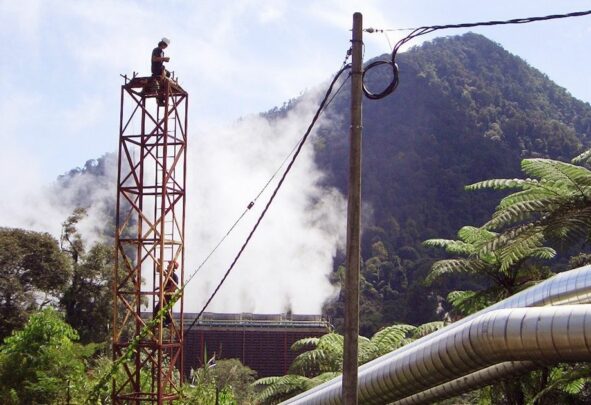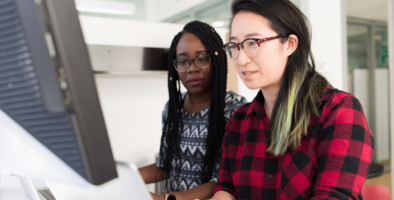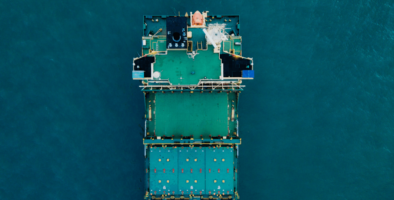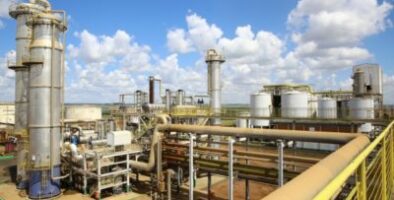Do you think volcanoes can produce clean, renewable electricity? Well, they can, and we are supporting a project that does just that (more on that soon).
In our earlier posts on carbon neutrality, we mentioned partnering with South Pole on our carbon neutral journey. To help offset our carbon emissions using carbon credits, we are investing in two of South Pole’s projects that help reduce the amount of carbon in our atmosphere and support local communities: Isangi Forest Conservation and Gunung Salak Geothermal Plant.
Gunung Salak Geothermal Energy Plant: harnessing the potential of biofuels
Geothermal energy is key for a zero-carbon future. So, what is it? Geothermal energy is heat generated below the Earth’s surface in the form of magma (remember the volcanoes?). Just 0.1% of this magma has 50,000 times more energy than all the world’s oil and gas reserves. Yet many geothermal resources remain underdeveloped. Before our partnership with South Pole, Gunung-Salak Geothermal Plant in Indonesia was one such resource. Now, the plant’s capacity has increased by 15 mega volts.
No fossil fuels and more efficient. Great! But why is it low carbon?
Unlike oil and gas, most of the emissions from geothermal energy are benign water vapours. Geothermal energy is used where it is generated meaning transportation is not needed, increasing efficiency and further underscoring carbon emission avoidance. In addition to meeting rising demands for electricity in the area, Gunung Salak provides vocational training programmes to increase employment in the garment industry and improve local transport networks, in addition to this sustainable energy source, displacing the demand for fossil fuels.
The project is also investing in educational services by donating books and running programmes at local schools. One thing about Czarnikow: we invest in our people. This is why this project particularly appealed to us – it supports not only the growth of green energy but local communities. Gunung Salak’s local communities may not be part of our team but we are excited to be making a long-term impact in the region. All of South Pole’s projects advance at least three UN Sustainable Development Goals (SDG) and we are proud to be supporting one that contributes to three times that amount.
Gunung Salak advances the following UN SDG:
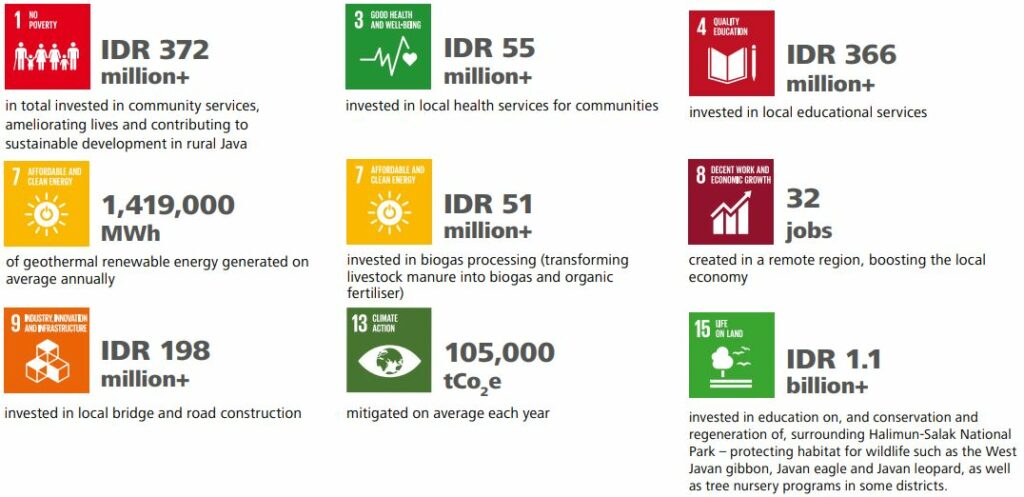
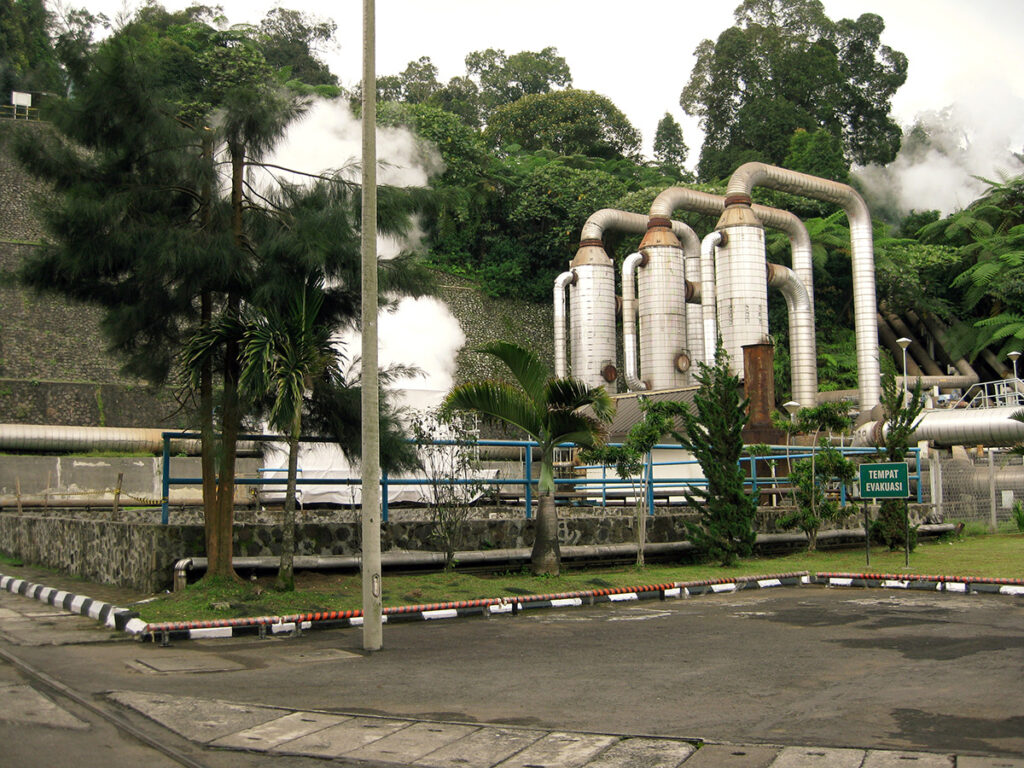
Geothermal Power Plant 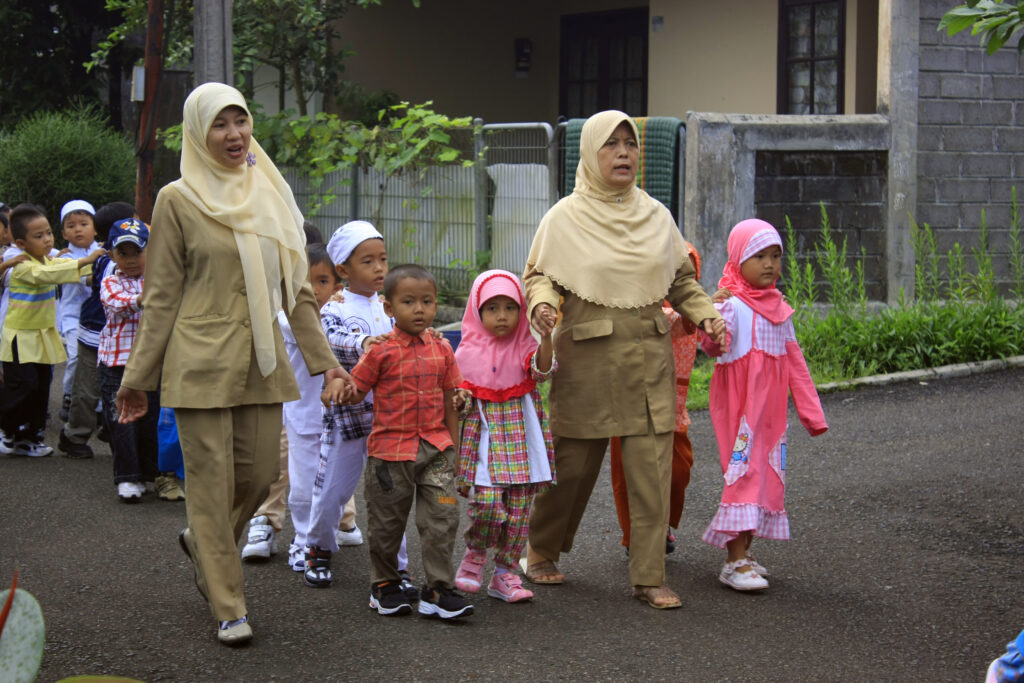
Investing in local education. 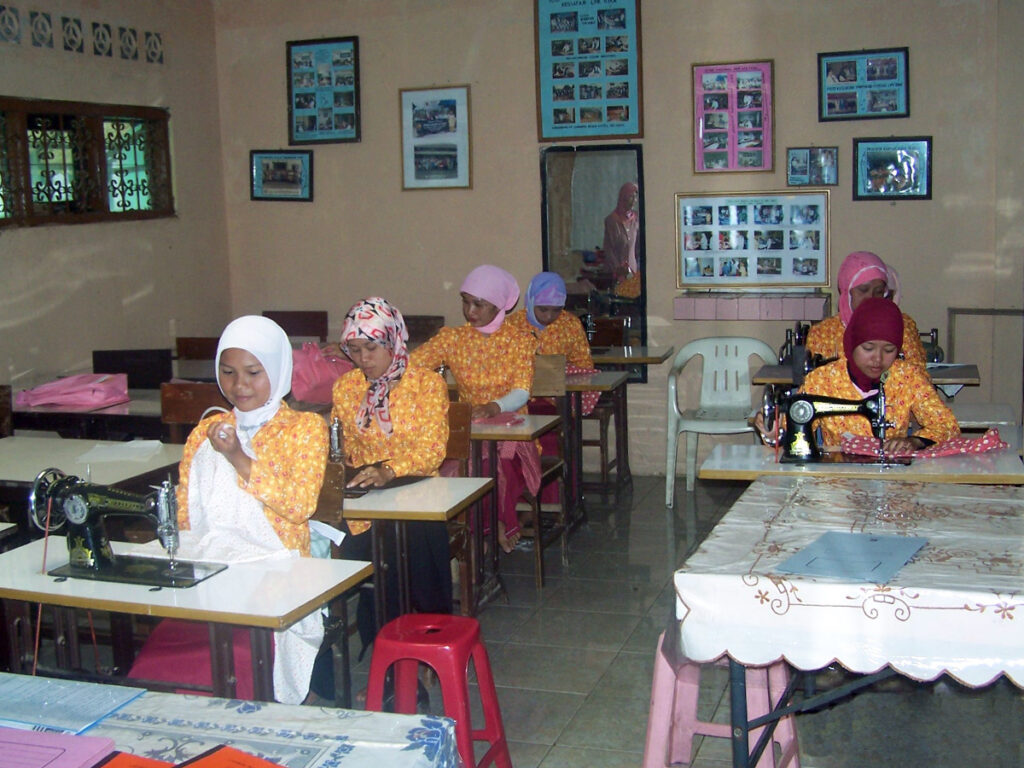
Vocational courses 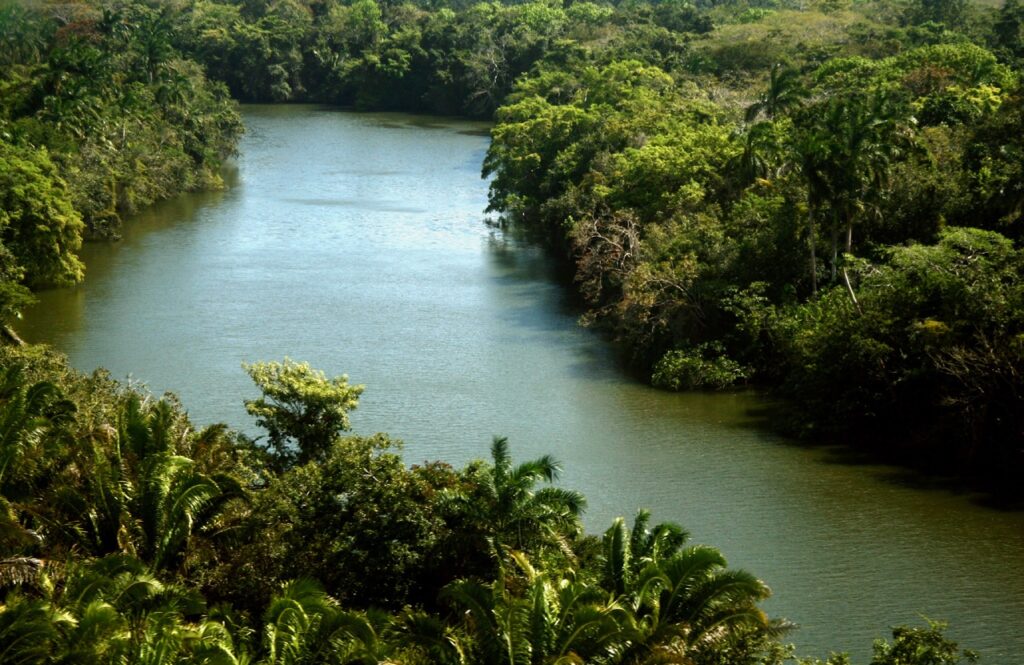
Congo Basin Rainforest 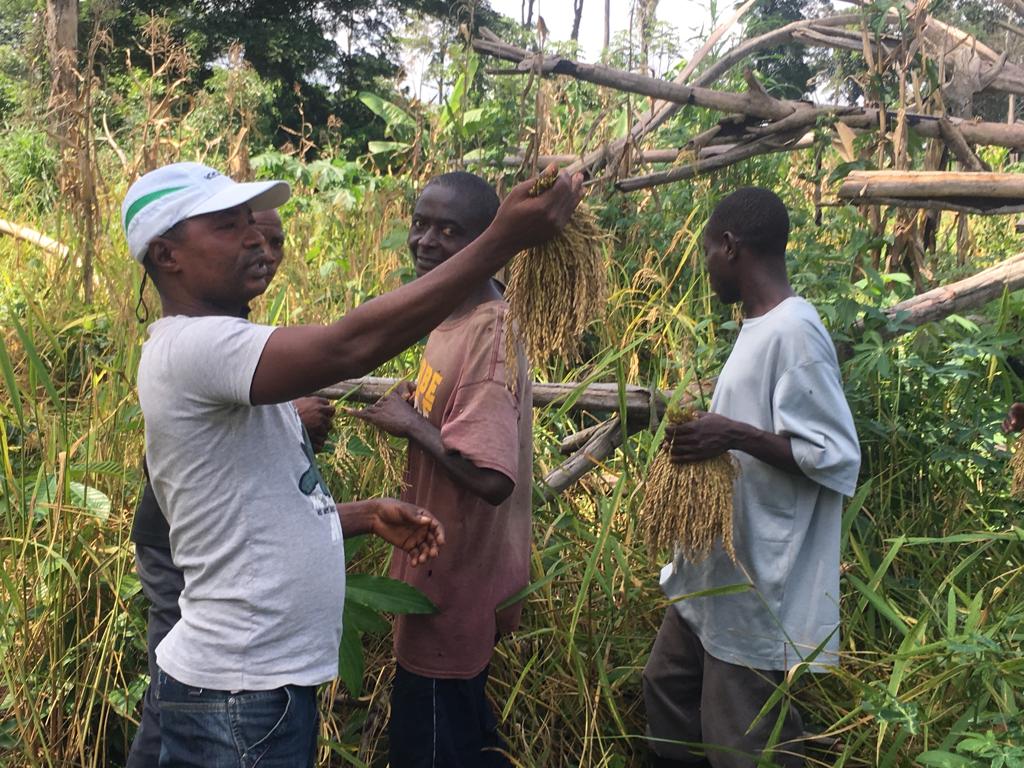
Reducing deforestation 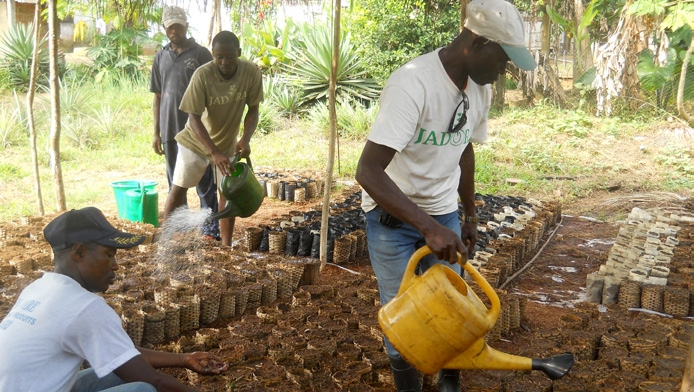
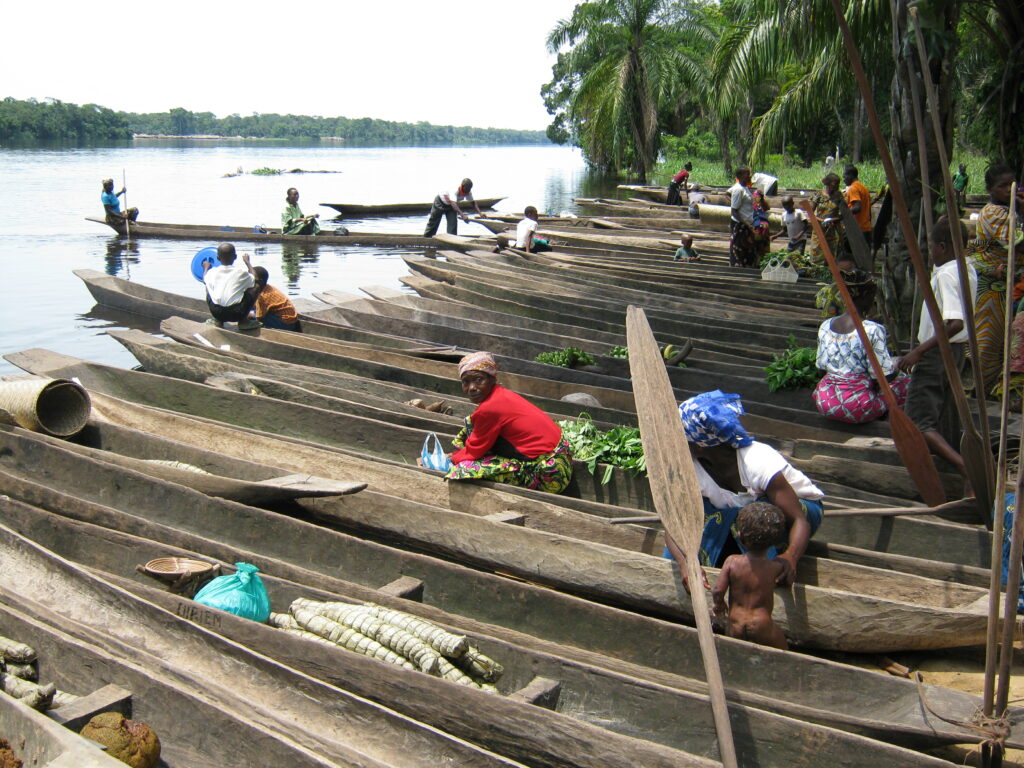
Tilapia farming.
Isangi Forest Conservation: Protecting our planet’s biodiversity
The world’s second-largest tropical forest has been around since the Ice Age and we want to keep it that way. Located in the Democratic Republic of the Congo (DRC), Isangi is home to vital ecosystems that support biodiversity and the endangered African elephants.
As carbon sinks, forests are key players in climate change mitigation. Our investment in conserving the Isangi rainforest protects 187,571 hectares of rich biodiversity. Protecting trees may seem like a small step, but these actions avoid more carbon emissions into the atmosphere. The Isangi project alone mitigates 324,000 tCO2e, on average, every year.
With the REDD+ (Reducing emissions from deforestation and forest degradation) strategy alternative sustainable livelihood opportunities to stop people needing to clear forests or grow crops or source firewood to sell whilst assigning more value to standing trees.
Two of these livelihoods which improve food security are agroforestry and tilapia farming. Czarnikow’s core value of entrepreneurship inspired our support of this planet-protecting project as the 150,000 local community members are empowered through access to alternative income-generating activities including small-scale coffee and pineapple growing.
As well as educating adult populations on land use management, the three new schools built and supplies for hundreds of students provide education opportunities for the younger generation while maintaining cultural identities. Nearly 400 new jobs including teachers, farmers and one nurse have been created through this initiative. Meanwhile, new medical health facilities enhance the quality of life in local communities. Again, the project does an excellent job of supporting the three P’s of sustainability: planet, people and profit.
How is these low carbon projects being verified?
The carbon credits purchased by Czarnikow to support these programmes are internationally recognised standards that show we are taking immediate action to reduce scope 1 and 2 emissions.
Besides supporting these projects, we are creating green finance opportunities that reduce reliance on fossil fuels through our VIVE Sustainable Supply Programme. For 5 years VIVE has promoted supply chain integrity from farms to consumers and remains dedicated to continuously improving the traceability of sugar and other ingredients. With our VIVE
Smallholder Programme we encourage farms measuring less than 15 hectares to accurately record and show their sustainable practices, to make supply chains resilient.
That means we:
1. Support two verified climate action projects in line with the Paris Agreement and UN SDG.
2. Create means to make multiple supply chains green while empowering small business owners.
3. Are committed to enhancing livelihoods around the globe whilst protecting our planet.
We can’t wait to share what we do next.
Author: Adeoti Ogunsola
